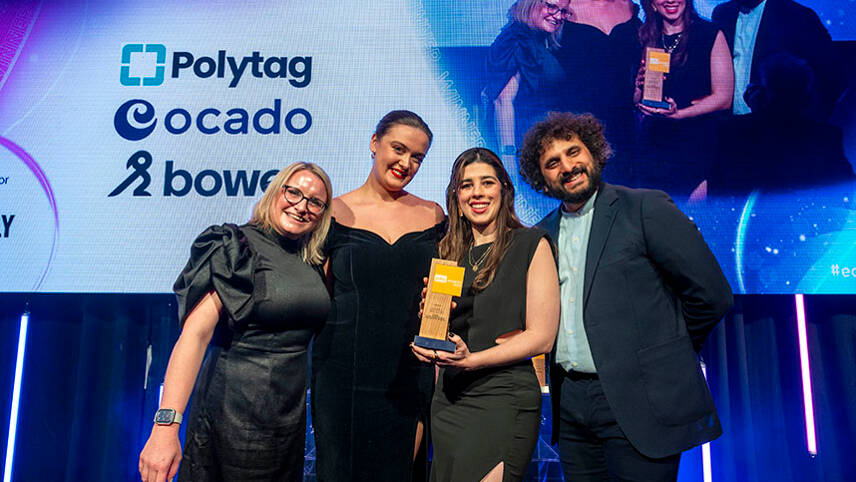This premium content is exclusive to edie Members.
To find out more about edie Membership, please click below.
If you are an existing member, login here

At a Glance:
Who: Polytag, Ocado Retail and recycling app Bower
What: “20p reward for recycling” project
Where: Implemented across the UK
When: July, 2023
Why: To incentivise recycling, promote sustainability and drive positive behaviour change among consumers
The Challenge:
Polytag, Ocado Retail, and Bower faced the challenge of revolutionising consumer engagement with recycling amidst growing environmental concerns. Traditional recycling initiatives often lack incentives and fail to drive meaningful behaviour change among consumers, posing a significant barrier to improving recycling rates and reducing plastic waste.
The Government estimates that the UK uses approximately 14 billion plastic drinks bottles and nine billion cans annually, with a significant portion either discarded or littered. According to Refill, nearly 16 million plastic bottles aren’t being recycled each year.
The Solution:
In response, the collaborative project introduced a novel approach, offering consumers a 20p reward for recycling Ocado’s own-brand milk bottles through the Bower app. This digital-first solution aims to incentivise recycling and promote sustainable choices among consumers, leveraging technology to drive positive behaviour change.
In 2025, the Government plans to implement its own nationwide Deposit Return Scheme (DRS) with the goal of enhancing recycling rates by offering incentives for recycling plastic bottles and aluminium cans.
How it Works:
Polytag, in collaboration with Ocado Retail and Bower, implemented a Digital Deposit Return Scheme (DDRS) to enhance recycling rates and offer consumers monetary rewards. GS1-approved QR codes on milk labels allowed customers to earn 20p for each smartphone scan, redeemable as a deposit. Real-time technology tracked packaging data, ensuring transparency and efficiency in reward claims.
Comprehensive PR campaigns facilitated consumer engagement, driving awareness and participation in the initiative. Polytag generated more than ten million unique serialised QR codes that were applied to Ocado’s full range of fresh milk products during the label production process at Interket UK, using standard industry speeds.
Ocado created dynamic, branded landing pages, accessible to customers through scanning the unique QR code with their smartphone. It prompted customers to download the Bower app, with a large call to action header. Below this, was content developed by the Ocado Retail sustainability team on reducing food waste and recycling properly, which was updated week by week. User engagement with the QR code and landing pages increased heavily during the campaign.
The results:
Within 56 days, more than 3000 customers redeemed 20,000 rewards, highlighting the project’s success in driving consumer engagement and behaviour change. The initiative saved 370kg of CO2 and recycled 636kg of plastic.
After the success of the trial, both Bower and Ocado released surveys to customers directly. 80% of participants responded they would be ‘very likely’ to scan a QR code to digitally claim back a deposit on used drinks containers, and 93.7% said the 20p is sufficient to encourage participation in the scheme. Similarly, Bower garnered findings that 93% are positive towards DDRS, and 87% of participants who scanned an Ocado bottle have carried on recycling now.
Moving forward, Polytag, Ocado Retail, and Bower aim to expand the initiative’s reach and impact, paving the way for a more sustainable future.
The Judges said:
“This entry was our winner because the partnership took a pioneering approach using digital technology and financial incentives to boost plastic recycling rates.”
© Faversham House Ltd 2024 edie news articles may be copied or forwarded for individual use only. No other reproduction or distribution is permitted without prior written consent.

